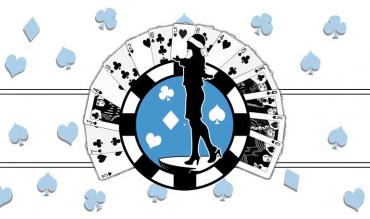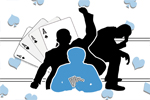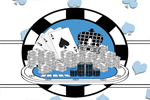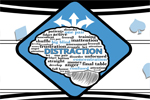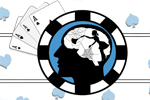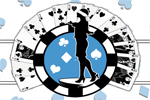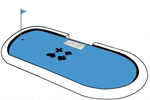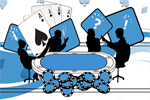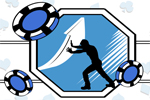Why You Make Bad Decisions
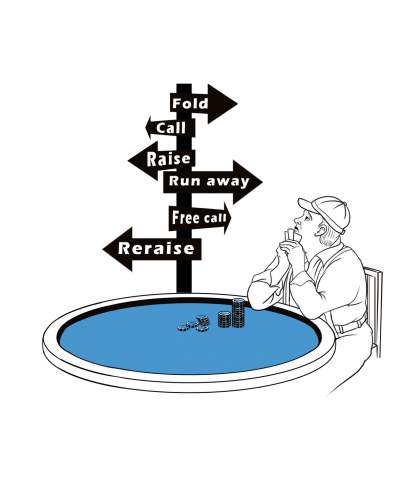
You are guaranteed to make bad decisions. But don’t worry, you’re not alone. Every poker player makes them, even the best players in the world. They are inevitable.
Perfect poker isn’t possible over large samples. That means mistakes are constantly being made, yet players often have a distaste for them. Rather than viewing mistakes as a natural part of the game—like losing and variance—they beat themselves up, get pissed off and cause their game to drop further. By focusing on the fact that they made a mistake, rather than understanding what caused it, they unknowingly increase the chance of making more mistakes.
Recognizing the type of mistake that you made gives you a clearer idea how to correct it. This is especially helpful to the player who is confused or pissed off by how they could make such obvious mistakes.
Mental Game Flaws vs Tactical Poker Errors
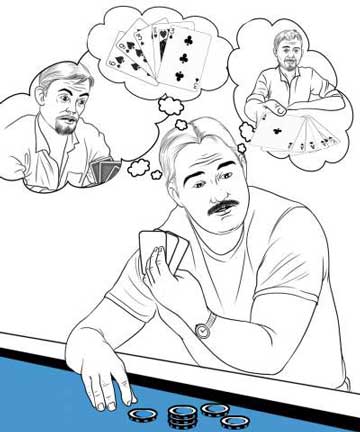
A mistake is either caused by a tactical error or a mental game flaw. It may seem easy to figure out which is which, but players often fail to spot the mental flaw in their mistake. For example, if you are too passive, perhaps folding too easy or only calling with hands that are clearly worth raising, a mental game issue like risk aversion could be what is causingyour passive decisions. You might be so scared of getting outdrawn or losing marginal holdings that you’re unable to take the necessary risks. Or, on the flip side, if you call way too loosely or reraise too much with hands that will only be called when you are beat, you might be bored and looking for action.
Here’s a simple way of figuring out when your mistake is tactical or mental:
- Obvious mistakes:These mistakes are so basic,it’s easy to know what you should have done differently, sometimes immediately after the hand.They are part of your C-game, and are so obviously wrong there’s nothing for you to learn tactically. It was purely a mental mistake.Your mental level dropped so low that you couldn’t access the knowledge you have yet to master. To correct these mistakes, you must fix the mental game problems—such as tilt, fear, loss of confidence, boredom, or exhaustion—that causes you to make such bad decisions.
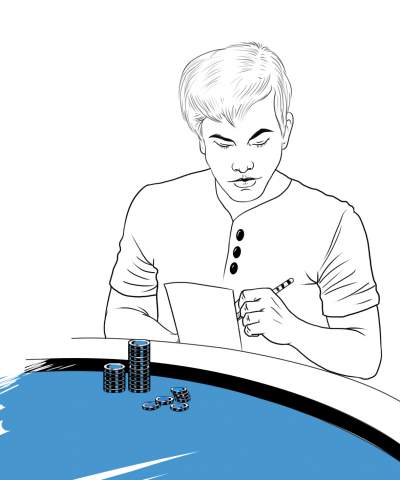
- Marginal mistakes:Thesehappen in hands you need to analyze or discuss with other players to figure out what you could have done differently. The cause of these mistakes aren’t as obvious, so you’ll have to work a little harder to figure whether it was a weakness in your tactical game, a drop in your mental level, or a combination of both. When reviewing these hands, be sure to consider all possibilities. Often players fail to think about the potential mental flaw that contributed to the mistake.
- Learning mistakes:When you’re playing your A-game or arein the zone, you’re making the best decisions you can possibly make at the time. Your mental game is at your highest level, so that’s not the problem. The problem is that you don’t yet have the tactical knowledge or skill to prevent mistakes. And you won’t until you play the hand. These mistakes are a necessary part of the learning process and required to improve your tactical knowledge.
Since this is a mental game book I’m going to focus on mistakes caused by your mental game flaws.Fixing the mental side of your bad decisions is critical. If you only attempt to correct the tactical error, you will drive yourself crazy because these mistakes will keep happening.
How to Make Better Bad Decisions
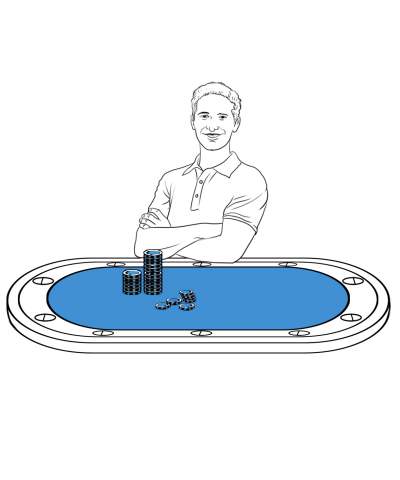
You can’t avoid making bad decisions, but you can make them less bad. This kind of back end progress is most obvious when you compare the bad mistakes that you made a year ago to the ones you made recently. Note: If your worst decisions haven’t improved within a year and you’ve been attempting to correct the mental side of it, you haven’t yet figured out the real mental flaw. Dig deeper and come up with a better poker game strategy.
The advice I’ve already given in this eBook can help you improve your mental game and make better decisions. However, if you still have difficulty improving your worst decisions, pay close attention to whenand whythey’re likely to happen. These details can be critical to stopping them from happening in the future. Take notes on these hands after you finish playing. Then drill down to see what is off about your mental game. Here are some questions to get you thinking:
Recognizing Poker Game Problems
- What mental game problems are typically the cause of your bad play? Tired, distracted, bored, anxious, overconfident, lacking confidence or tilted?
- What situations are they most likely to show up in?
- When do you typicallymake poor decisions, at the start of a session or towards the end?
- Is it more likely to happen after a big winning or losing day?
For some players, being aware of the pattern in their poor poker plays helps them make immediate improvements. If that doesn’t happen, I strongly suggest you read my first book to devise a strategy to correct your mental game problem. In the meantime, another way you can avoid making bad decisions is to use something I call a “strategic reminder.”
Setting Strategic Reminders in Poker
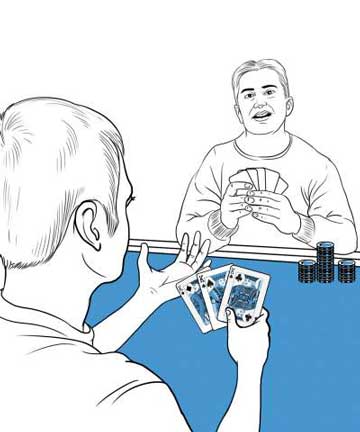
A strategic reminder is a written note or document on your computer that reminds you of key factors in your decision making. The first step to creating one is to determine your general style for making a poker decision. Inmy experience, players tend to make decisions in one of two ways:
- A linear step-by-step process that is the same for every hand. For example, you may consider the following factors, in this order, when deciding what to do: prior action, prior history with an opponent, their image, their hand range, and opponent’s hand range. But when in your C-game, you forget to consider your image and your opponent’s hand range.
- A tailored process that considers all the same factors, but prioritizes them based on the ones that are most relevant in each hand, such as prior history with an opponent and their image. The order can change each hand. The common pattern is that players with this style rely on their feel for the table to determine the factors that will most heavily influence their decision.
On your strategic reminder, either write down all of the steps or factors you consider, or just the ones that tend todisappear when you’re playing bad.Then, when you spot your game dropping, read your reminder and push yourself to consider each factor as accurately as you can. It may be difficult and require more effort than you’re used to giving. But the more you do it, the easier it will become.
The Upside of Making Mistakes in Poker
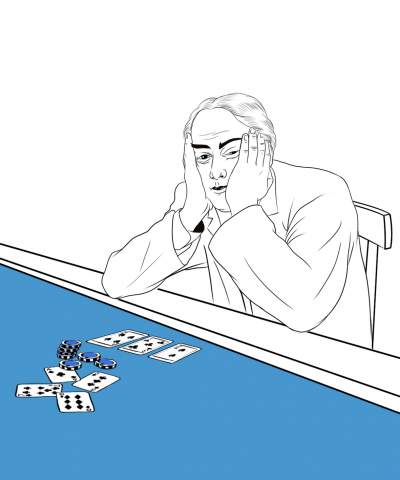
When you’re able to make better decisions at a time you typically would not, you will permanently strengthen your tactical knowledge and decision making ability. This kind of backend improvement is often ignored by players, but it’s key to the long-term growth in your game.
Learning from mistakes is critical to being successful in a game as complex as poker. Now that you know you’re always going to make bad decisions, spend more time improving upon them and less time beating yourself up for them.
Jared Tendler, MS, LMHC is licensed therapist specializing in sport psychology and is the leading authority on the mental game in poker. Throughout his nearly 10 years coaching poker players he has worked with over 500 players hailing from over 45 countries, including many of the top players in the world. He is also the author of two best-selling books on the subject, The Mental Game of Poker 1 and Poker 2.
